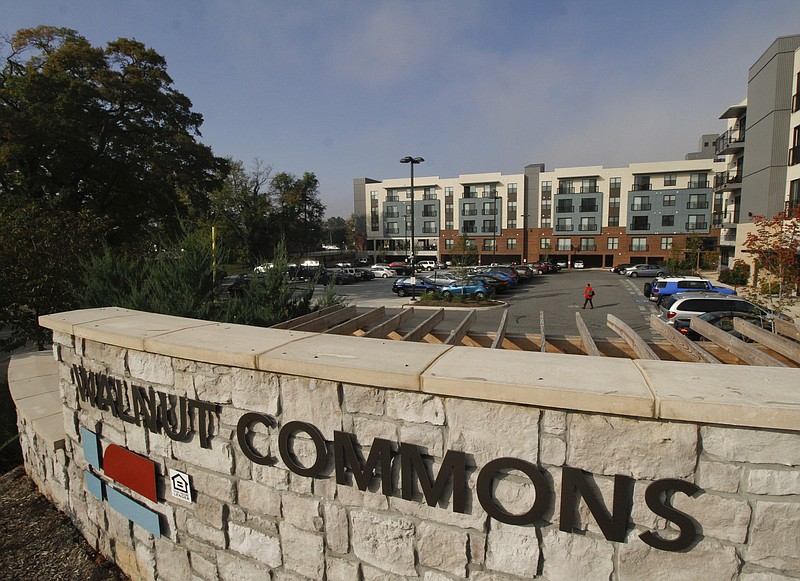The Chattanooga City Council is expected to consider a resolution to renew the city's tax breaks for a housing program at its meeting Tuesday.
We hope council members will either make changes to what has been suggested for the program, which offers property tax breaks to downtown developers who agree to certain conditions, or delay its consideration until more public comment can be received.
Since Chattanooga Mayor Andy Berke announced on July 19 that the Downtown Housing payment-in-lieu-of-taxes (PILOT) program that had been in existence since 2002 would change, just exactly what has been proposed has not been clear for very long.
A new application was posted on the city's website on Aug. 9, but the policies and procedures that were to follow didn't become clear to many until the actual resolution was made public. Since City Council rules don't allow public comment on items on that night's agenda, more time - at a minimum - seems necessary.
In the meantime, the citizens group Accountability for Taxpayer Money (ATM) has advanced some modifications to what has been proposed that, if nothing else, deserve a fair airing.
The group's suggestion is for the council not to vote but to place the resolution on the agenda for an upcoming meeting of the body's Economic and Community Development Committee. That could afford some of the wider airing needed.
Whether that happens, questions about the program's affordability, accountability, cost, length, transparency and vetting should be explored.
For instance, the call for developers who receive the tax breaks to rent to people with an annual income that does not exceed 80 percent of area median income (a maximum of $857 for a one-bedroom unit) has always puzzled us.
Although rent would not quite equal a third of the 80 percent Chattanooga median income figure of $34,300, rent is only a portion of what apartment dwellers must be able to afford. By the time insurance, utilities, apartment association fees if applicable, parking if not provided, etc., are added, the low- to moderate-income renter is paying close to half of his or her income.
The ATM group suggests the annual income level be reduced to 70 percent of area median income.
The group also is asking that "clawback" language in the current document be strengthened. In the last several years, through various PILOT programs, several businesses or developers (Alstom, among others) have not fulfilled their agreements with the city, setting off accusations about the program's accountability.
A third change involves the administrative costs of the program. Where in other cities the company benefiting from the tax break assumes the cost of application fees and closing costs, here taxpayers - through governments - foot the bill. At the very least, it seems, the company profiting from the tax break and the taxpayers could split the costs.
The ATM group also asks whether a tax break agreement for up to 18 years is proper (10 might be more reasonable), if a PILOT can be assigned to a third party during the time the agreement is in effect (as was done with the Walnut Commons Apartments) and who will make up the committee that will review applications and determine which projects are given the green light to the city's Health, Education and Housing Board.
We believe, as does the Accountability for Taxpayer Money group, that tax break programs overall have merit and should be one of the tools of economic development that government can offer. These programs can make a difference in the workforce, in housing diversity and in the general viability of a city.
However, since current PILOTs resulted in $15 million in lost revenue to the city and county in 2015 and $350 million over their periods of agreement (typically 10 years), they must be strategically used, transparent and accountable. They must live up to the public benefit for which they are given.
We're delighted that the Berke administration has chosen to make changes in the housing PILOT program. However, we believe it can be made stronger, fairer and more responsible. We urge the City Council to make changes in the program that will do that or delay the resolution until such time as they can be.
